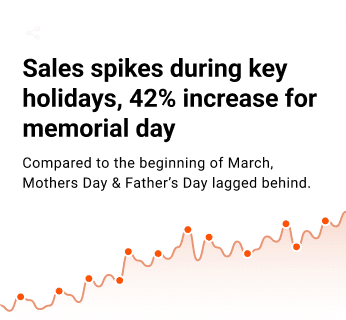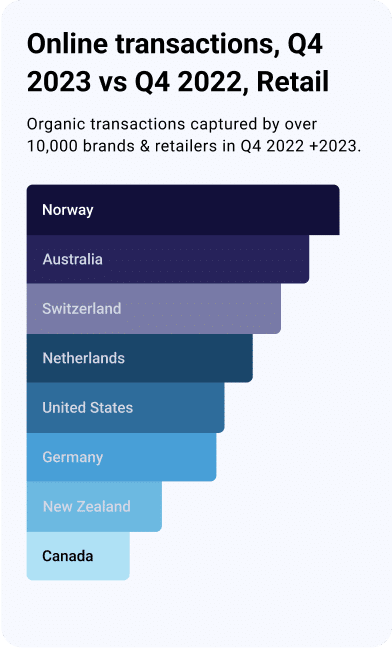- 5% of the UK population – and a tenth (10%) of 18-34 year olds in the UK – say they now buy products and services on their mobile phone “every day”
- Social media and social connections are enabling mobile commerce growth: Daily Instagram users are 113% more likely to buy clothes on mobile than the average Brit
- While convenience and flexibility are the biggest drivers for buying on mobile, most mobile phone purchases still take place at home
- New study from ICM and Criteo shows the emotional drivers behind the mobile shopping revolution in Britain
London – June 20th, 2016 – Criteo (NASDAQ: CRTO), the performance marketing technology company, today reveals that 2.5 million Brits are buying on their mobile phone “every day”, driven by social connections, convenience, and greater emotional ties between brand and consumer.
The findings are part of a new UK-wide ICM consumer study exploring the emotional motivations that are driving the continued growth of mobile shopping in the UK. The survey also reveals:
- The rise of Copycart Shopping: Heavy social media users are by far the biggest mobile shoppers in the UK. 35% of daily Facebook users have bought on mobile, compared to just 17% of non-Facebook users. The biggest mobile buyers are heavy Snapchat (64% have bought on mobile) and Instagram (56%) users
- The ‘impulse aisle’ goes mobile: Clothing has become the premier purchase on mobile. Almost a quarter of the UK population (23%) say they have bought clothes on mobile, followed by music and film (16%), and health and beauty products (14%). Social connections are also driving these purchases – daily Instagram users are 113% more likely to buy clothes on mobile than the average Brit
- Habitual mobile buying: 10% of millennials (18-34 year olds) are buying on mobile every day. Heavy social media use and habitual mobile buying are also going hand-in-hand – 19% of daily Snapchat users, and 15% of daily Instagram and Pinterest users are buying on their mobile phone every day
- Mobile purchases happen everywhere: Despite the freedom and flexibility that buying on mobile provides, the most common places where Brits are buying on their mobile – in front of the TV (33% of UK consumers) and in bed at night (27%) – are in the home
The full results of the ICM study are presented as part of a new Criteo report released today, ‘A portrait of mobile performance: Measuring the pleasure in UK mobile shopping in 2016’. The report explores the core motivations behind mobile shopping in the UK today, as well as looking at how far UK retailers are on the journey to delivering fun, enjoyable and personalized mobile experiences.
“Smartphones have transformed the retail industry in the UK. Our mobile is always by our side, meaning it is the one consistent factor in all elements of the online and offline shopping experience today” said Jason Morse, Vice President, Mobile Products at Criteo. “We can now see that shopping on mobile is becoming a daily routine for large sections of the population, suggesting that smartphones are creating greater emotional ties behind consumer and brand. In addition, these findings show that browsing Facebook, Instagram and Pinterest in front of the TV at night is driving the growth of mobile commerce, just as much as mobile’s innate portability.”
“These emotional factors further emphasise how important it is that brands can deliver contextual creative experiences, messaging and advertising that respond to individuals’ needs and desires in the moment, wherever they are and however they’re feeling. Non-intrusive, relevant and personalised ads in a native context are key to maximizing conversions and driving mobile performance.”
###
Notes to editors:
Full report: ‘A portrait of mobile performance: Measuring the pleasure in UK mobile shopping in 2016’
This report is based on the findings of an ICM survey of 2,023 adults in the UK aged 18+, between the 18th and 20th May 2016. Interviews were conducted across the country and the results have been weighted to the profile of adults. ICM is a member of the British Polling Council.











